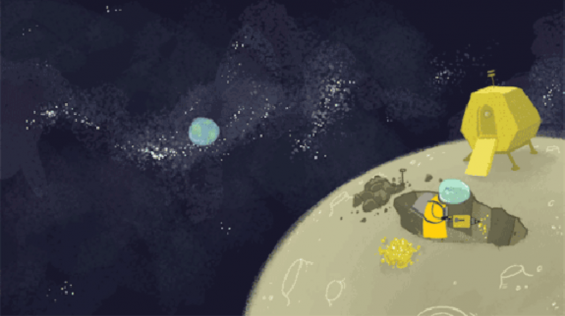
8 favorite facts I learned from animating 16 TED-Ed Lessons
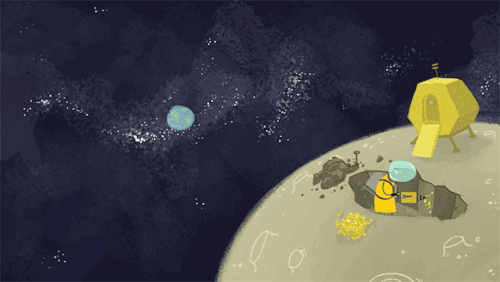
At TED-Ed, we have the joy of working with all different animators from across the globe, and we thought it’d be fun to hear from one of our most prolific artists! Andrew Foerster has directed and animated 16 TED-Ed Lessons and is currently in production on his 17th. He’s a pretty busy dude, but he took the time to answer a few questions about his life as an animator — and share favorite facts he’s learned by animating TED-Ed Lessons. See his interview with us below.
Andrew, what have you learned from animating TED-Ed Lessons?
Here are 8 of my favorite facts:

1. Stars are made by many different elements acquiring neutrons until they essentially explode! 2. Gold was formed deep in our planet when it was first developing from space dust grouping together. [From the TED-Ed Lesson Where does gold come from? - David Lunney]
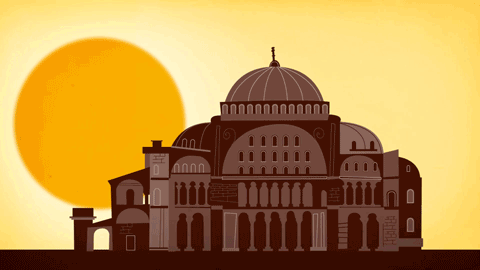
3. The Hagia Sophia is a hodgepodge of many different religions and beliefs all represented in one amazing building that’s been completely destroyed and built up again over time. [From the TED-Ed Lesson It’s a church. It’s a mosque. It’s Hagia Sophia. - Kelly Wall]
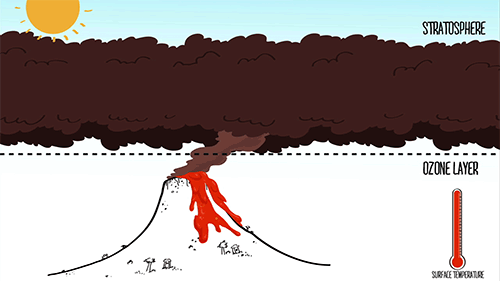
4. There is a massive supervolcano that could potentially end all human life in Yellowstone National Park (though it won’t likely explode for a few thousand years). [From the TED-Ed Lesson The colossal consequences of supervolcanoes - Alex Gendler]
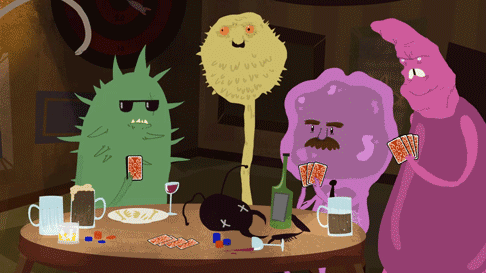
5. Brain parasites are terrifying! I am really not a fan of the Gordian Worm. I researched videos on all of these when animating the lesson and they’re all super scary in so many ways… If you feel like being made super uncomfortable, look up Gordian Worm Cricket on YouTube… don’t say I didn’t warn you. [From the TED-Ed Lesson How brain parasites change their host’s behavior - Jaap de Roode]
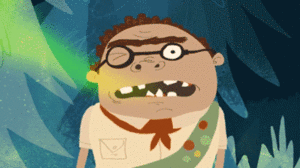
6. One of the elements that gives people bad breath is called Cadaverine….. that’s one heck of a name. [From the TED-Ed Lesson What causes bad breath? - Mel Rosenberg]
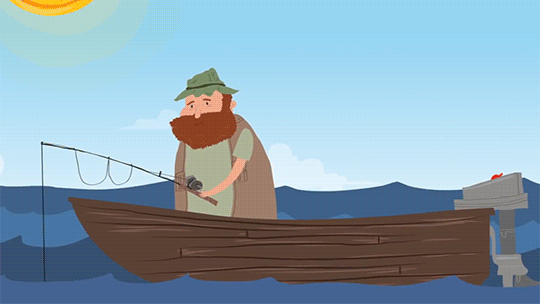
7. Water currents are caused by salt in the water rising and lowering based on the temperature of the water molecules. [From the TED-Ed Lesson Making waves: The power of concentration gradients - Sasha Wright] 8. Gondolas are incredibly difficult to make and there aren’t many people who make them anymore. There’s a very interesting process of warping the boards with water and fire, then varnishing them. [From the TED-Ed Lesson Corruption, wealth and beauty: The history of the Venetian gondola - Laura Morelli]
What do you love most about what you do?
I love the diversity of the projects I get to work on! One month it might be a lesson about brain parasites, the next it might be an animation for a charity, or a personal project about a fight scene in the middle of the desert. There’s a lot of freedom in the work I do, which helps me continue to develop and always look forward to coming into work.
How are TED-Ed Lessons different from other work you do?
With TED-Ed Lessons I get to explore all kinds of topics from so many streams, and build a (usually crazy) story around each lesson. I love that the team is so supportive of all the crazy ideas that I put into the videos, and that they allow for so much artistic freedom. I really appreciate this, so much! TED-Ed Lessons are also usually very character-focused, which is my favorite kind of stuff to do. A lot of other jobs tend to be more on the side of motion graphics (moving type, iPhones with icons, etc.)
What’s a topic or a lesson you would absolutely love to animate?
I’d love to work on something about a post-apocalyptic world like Walking Dead, and how long humans would really survive in the wilderness. (What kind of bugs would bite you? What kind of sicknesses would we get? How quickly would we die off? How quickly would we run out of food and resources from the world before? What alternative food resources would we turn to? How long would we truly last?)
Where can we see your other work?
I’ve got lots of work up on my website. One piece I’m currently working on is called Girl Wolf; it takes place in a post-apocalyptic world where people are nearly extinct, where one girl roams the earth searching for meaning and purpose after the death of her entire family. The film explores the disappearance of this character’s humanity as she transitions from living with purpose to living for the sake of surviving. You can check out development of that project here.
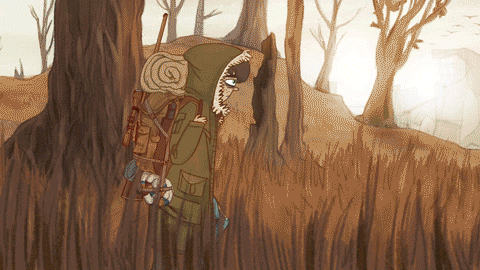
Another fun piece I did in the summer and fall of 2014 is called Vonandalous Alchneminan: The Space Station of the Seven Stars. I created it over the course of 100 days, adding one compartment of the space station and one component of the story each day. It was a lot of fun to make; you can check out the whole story here.

Who or what inspired you to become an animator?
My mama! She was an animator for most of my childhood, and later went more into the production side of things. I’ve always loved animation and have been doing 3d, stop motion, and 2d animation since I was a kid. As I entered high school I moved away from animation and began to focus more on illustration. I attended OCADU for illustration, and in my last year I took Hector Herrera’s Animated Illustration class. (He’s also done many TED-Ed Lessons!) After Effects really resonated with me, and after school I began looking for more animation and motion graphics jobs. I found I really enjoyed the process and just kept rolling with it! in 2013 I began to assist Hector in the classroom to teach After Effects. Nothing lets you learn something faster than teaching it.
What’s one piece of advice that you would give someone just starting out in animation?
Make friends out of your mentors. Never stop learning. Do your research; find out what’s trending and who’s the best in your field. Always make time for your own projects and personal development.
Thanks for taking time out of your busy schedule to talk with us, Andrew. We can’t wait to see what you make next!
To learn something new everyday, sign up here for the TED-Ed weekly newsletter >>
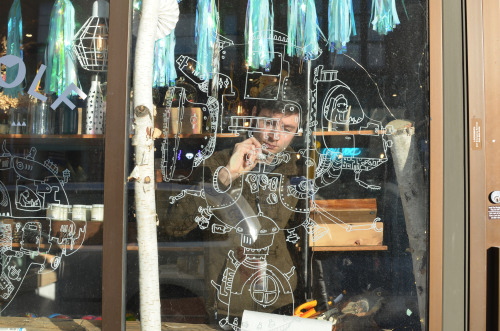
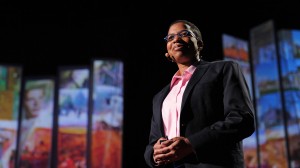
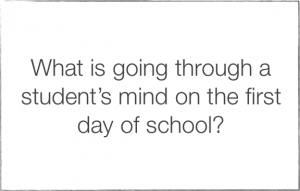
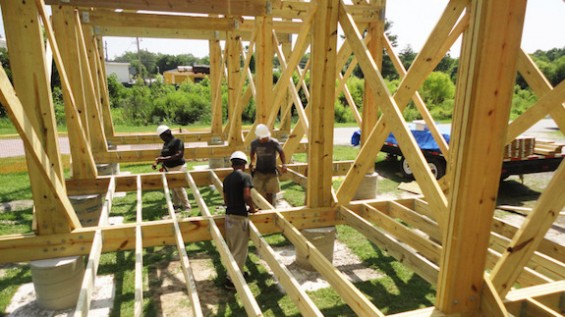
TED is a good project.